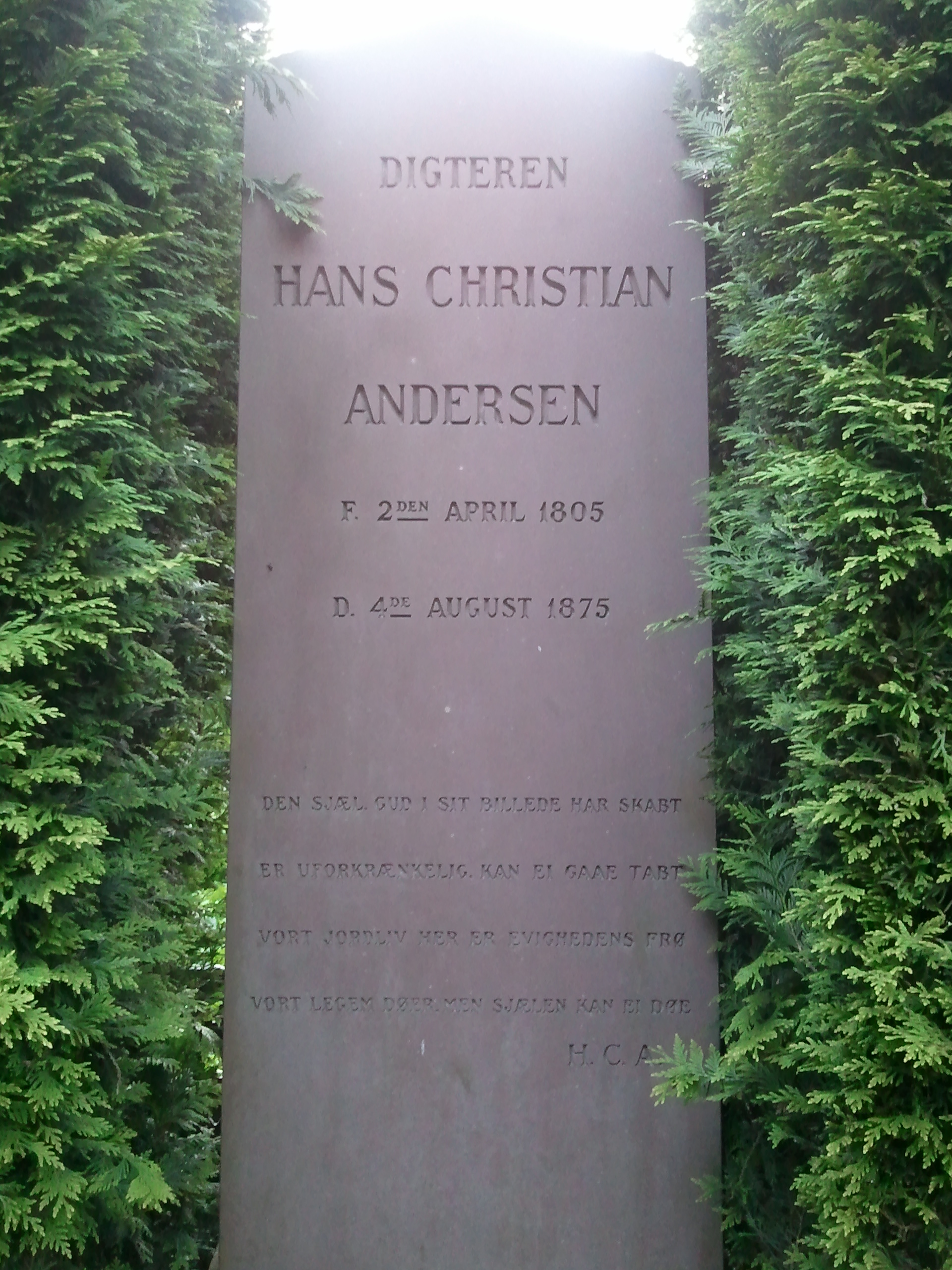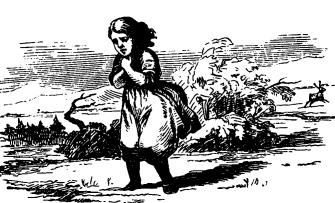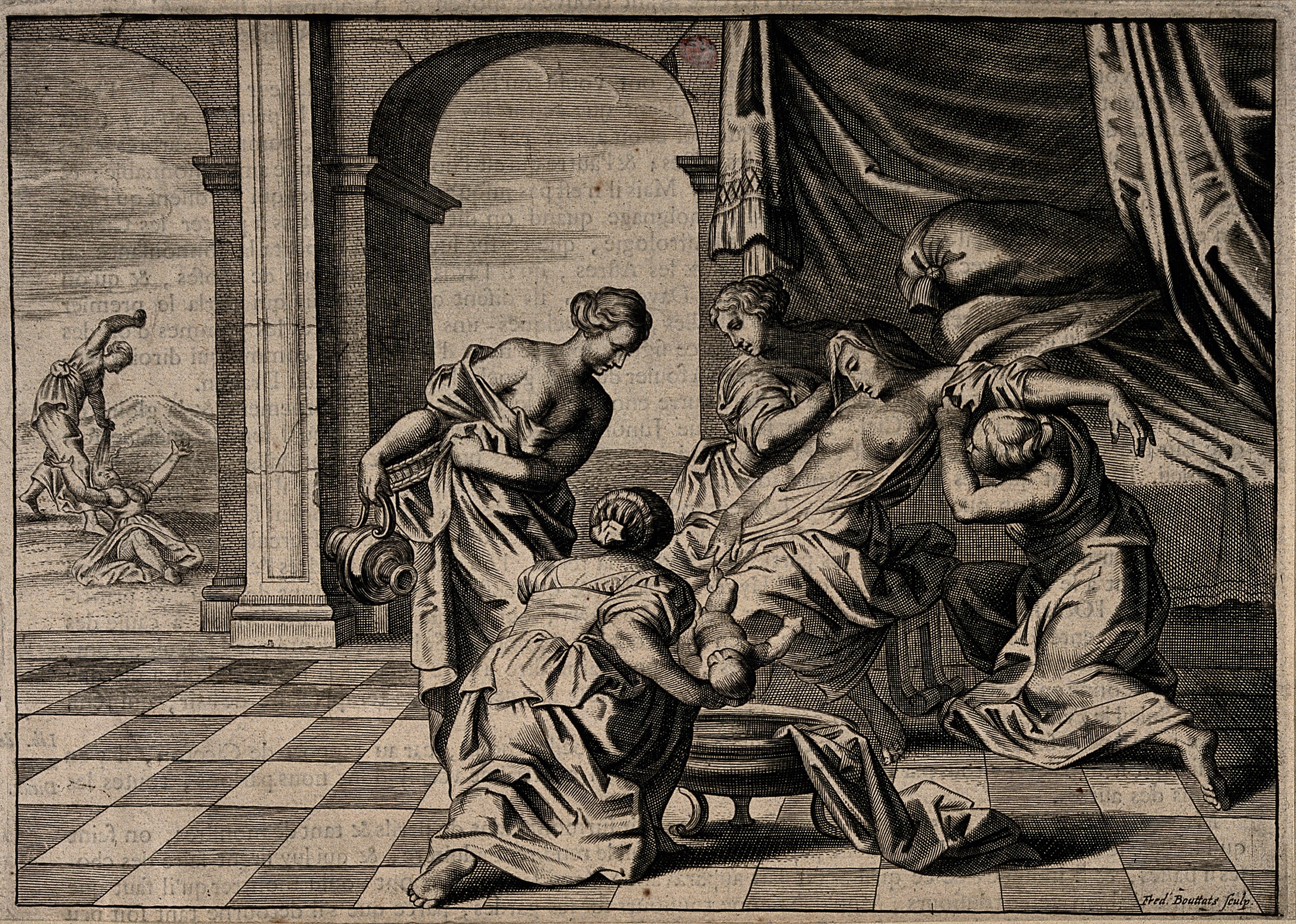The first Scandinavian book (of surprisingly many) to appear on the IWE list, though 'book' in this instance was rather suggested than defined, as the complete Andersen's Fairy Tales would run to several thick volumes, and the outline that accompanied the entry in the encyclopedia was restricted to just seven of the more celebrated stories. I thought I would like to read something a little in-between these two extremes, so, there being an old Modern Library edition of Andersen (combined in a single volume with the Grimms, who come up later on this list), as I often do I decided to read that as a default. Incredibly however, that edition was missing one of the seven core stories ('Thumbelina"), so I had to supplement that book with a edition illustrated by Arthur Rackham (orig. 1932) that my children have, though I don't think any of them have ever read it. This volume also included a few other stories that were not in the Modern Library Edition. So in all I read about 500 pages of Andersen, which I think is a sufficient amount.
It took me a while to get in a comfortable reading mode with these stories. Even though it is undoubtedly a children's book so far as content, the prose partakes more of the elaborate and dense 19th century literary style than most children's literature, but not, I found, always in a way that carried me through the pages. It seems to me that most modern children would find it difficult to read as an entertainment. The breaking up of the reading into fifty or so separate stories also seemed to work against settling into a consistent rhythm for me. At times however, a story would come that I could get into somewhat, and I was drawn into the romantic Old Europe state of mind that is what I largely seek in reading books like this.
As an author Andersen's extreme use of personification, perhaps the most fantastic I have encountered among this class of imaginative writer, stands out. Where other writers will have articles of clothing or furniture or other inanimate objects come to life as characters, Andersen will find personality in ever more minute partitions, not merely will a whole shirt be a character, but the collar and the cuff links and all of the individual buttons; not simply a glove, but each of the five fingers (On the other hand, this is not an uncommon way of thinking with children. My six year-old said something this morning which unfortunately I have already forgotten, but it had to with someone inanimate object wondering why we had 'insides' or something like that). This level of micro-personification is absent from all of the more celebrated stories, however. Andersen loved storks, and these interesting birds and the theme of their annual migrations between Denmark and Egypt appear in several of the better of the lesser-known stories. I also duly noted the Christian elements that frequently appear in the stories, though I tended to gloss over them with a lazy approval, as I find my idea of the austere old Scandinavian Protestantism to be aesthetically satisfying to a certain degree, though as in all Western religious cultures, I am conscious that the implementation of this vision upon the earth often resulted in inflicting great torments especially upon the more vulnerable segments of the population. Andersen's wisdom and morality, being of a petulant--some might even say childish--quality, suspicious (or resentful) of arrogance and the centrality of wealth and social status in human relations, especially when the origins of these conditions long pre-dated the lives of the individuals concerned, seem to have been broadly in step with what I perceived as a child to be the general direction of mass opinion during the 60s and 70s. At least the morals of his stories strike me as being more fully in tune with the particular attitudes of that time, perhaps because they were somewhat more widely realized then, than with those of the present.
Brief impressions of the seven main tales:
"The Little Mermaid"--In the Modern Library Edition, just "The Mermaid". From the literary standpoint the best of the stories by far, and moving in its way, though there is still something pathetic about it. I have never seen the Disney movie, though I remember something about the feminists going crazy because the mermaid gives up her voice for the sake of a man, and one who is rather vapid and nondescript apart from unearned social rank and physical beauty at that, though that does happen in the original story and is rather central to the plot. However, apparently the mermaid does not die in the cartoon, and that seems rather essential to the plot too.
"The Little Match Girl"--I am impressed at the existence of a story of scarcely more than a page recognized as a classic of a kind, and nothing is coming to me by which I might set to eviscerating the conception and the elements of the tale. But having long grown accustomed to stories being much longer, I could not but experience it as rather slight.
"The Emperor's New Clothes"--This story has never really worked for me. My imagination has always been more consumed with the idea that the king is literally buck naked than the allegorical meaning being put across (it was never my good fortune to live in an environment where I was able to develop a level of comfort with public nudity).
"Thumbelina"--("Thumbelisa" in the Rackham). The young frog and the mole who were suitors for Thumbelina had some humorous qualities.
"The Snow Queen"--Perhaps the translation in my book was a poor one, but I was actually confused by this story, though that was probably due to the difficulty I had in staying awake while trying to read it. In any event I was not into it.
"Big Claus and Little Claus"--Kind of a silly story, though I guess I was able to stay awake all the way through. I envisioned the title characters as Charlie McCarthy and Mortimer Snerd.
"The Ugly Duckling"--It's all right. Some of these stories are so well known that it is hard to have any reaction to them unless something about them really strikes you, and that did not take place with any of these.
"The Princess and the Pea" didn't make the IWE essential Hans Christian Andersen list.
Some of my favorites among the lesser well-known tales include "The Travelling Companion", "The Beetle", "The Strange Goloshes", The Tinder Box", and "The Marsh King's Daughter". These tend to involve journeys or quests or be speculations on identity, which are the kinds of themes in which I am always interested.
The Challenge (!)
1. To Kill a Mockingbird--Harper Lee.....................................................8,059
2. Being Mortal--Arul Gawande..............................................................3,933
3. The Fault in Our Stars (movie)...........................................................2,746
4. Cinderella (2015 movie)......................................................................1,867
5, Indiana Jones and the Kingdom of the Crystal Skull (movie).............1,190
6. Tinker Tailor Soldier Spy (movie)..........................................................781
7. Thumbelina (movie)................................................................................432
8. Go (movie)..............................................................................................299
9. The Tale of Princess Kaguya (movie)....................................................231
10. Santa Claus Conquers the Martians (movie).......................................151
11. The Lotus Palace--Jeannie Lin.............................................................124
12. Princess Academy: The Forgotten Sisters--Shannon Hale.....................90
13. The Hen Who Dreamed She Could Fly--Sun-Mi Hwang.......................84
14. Happy Christmas (movie)......................................................................71
15. Trouble--Gary D. Schmidt......................................................................45
16. Surrendering to Motherhood--Iris Krasnow...........................................41
1st Round
#1 Lee over #16 Krasnow
I sometimes consider the upset when a book is really well-worn, but I wasn't up for a psychological treatise about mothering.
#2 Gawande over #15 Schmidt
The Schmidt book is some kind of genre novel, with which class of book, unless the author is a broadly acknowledged master of the form, I am trying to be finished as much as possible
#3 The Fault in Our Stars over #14 Happy Christmas
This is purely a matter of seeding, as I have no real interest in either movie, and they even came out in the same year (2014)
#13 Hwang over #4 Cinderella
#12 Hale over #5 Indiana Jones, etc.
#11 Lin over #6 Tinker Tailor Soldier Spy
#10 Santa Claus Conquers the Martians over #7 Thumbelina
Though the Santa Claus film is rated among the worst movies of all time, it does date to the 60s and is going up against a cartoon, and I am burned out on cartoons as well.
#8 Go over #9 Princess Kaguya
A mid-90s sort of dark Generation X-looking endeavor over another kid's film,
2nd Round
#13 Hwang over #1 Lee
Hwang is a South Korean writer. Her book under consideration here looks to be very slight and twee, and is frequently compared in reviews to the infamous Jonathan Livingston Seagull. However, as her book turned up more than once during the qualifying for the Challenge, it was entitled to an upset, and here is its upset.
#2 Gawande over #12 Hale
Gawande's book, which is about end of life medical care, is making the most of my aversion to genre novels.
#11 Lin over #3 The Fault in Our Stars
#10 Santa Claus Conquers the Martians over #8 Go
No reason other than its age, and that I am oddly reluctant to revisit the period from the mid to late 90s, which tends to make me melancholy.
Final Four
#2 Gawande over #13 Hwang
In the end, there were to my mind too many annoying little things about The Hen Who Dreamed She Could Fly for me to have any enthusiasm to read it.
#11 Lin over #10 Santa Claus, etc
Championship
#2 Gawande over #11 Lin
Lin coasted into the finals by beating a string of movies, but her book is a Harlequin romance.
The suave victor
My library has 3 copies of the Gawande book, all of which are currently checked out, so I may not be able to get to it. It has certainly sold a ton and is attracting a lot of interest for a subject that does not exactly set my pulse to racing, so I guess I am willing to see what the fuss is about. He is a New Yorker staff writer as well as a Rhodes Scholar, prominent surgeon, adviser to Bill Clinton and otherwise possessor of a championship resume all around, so obviously we'll be dealing with an intellect of some kind if we can get hold of his book.


















